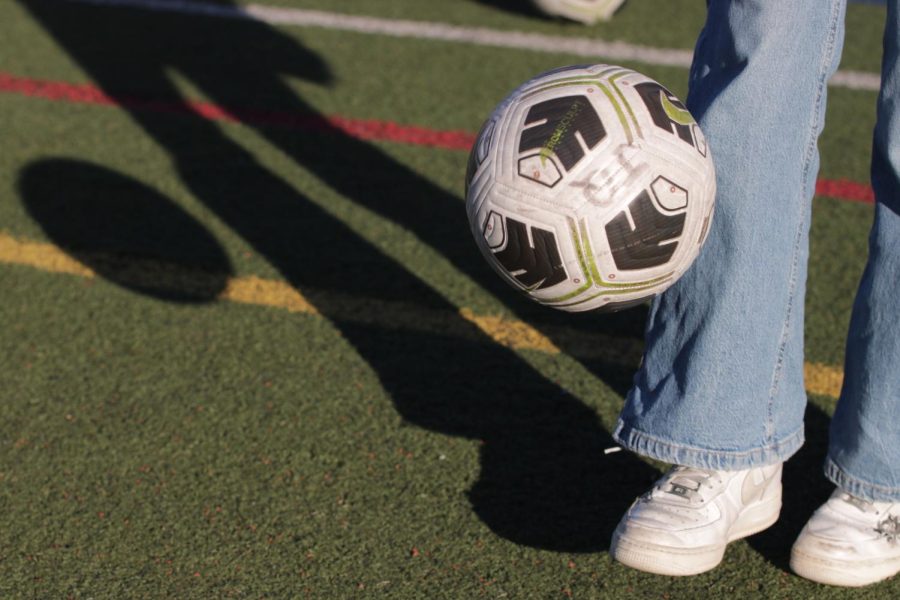Everyone has heard the phrase “work smarter, not harder,” but many athletes around the world have become accustomed to the idea of working smarter and harder. This is because athletes have to juggle the work of school and athletics and prevail in both.
This lifestyle can be stressful; however, success in athletics also brings important life skills that can help with school, work, and the rest of a person’s life. This is why all parents should raise their kids to be athletes.
A study done by the San Francisco Unified School District in 2021 concluded that athletes have better grades than non-athletes. It was found that the average GPA of an athlete was 3.57 whereas the GPA of a non-athlete was 3.07. That is a staggering fact considering that athletes have far less time to focus on school than their counterparts.
It could be assumed that athletes keep their grades up to meet the required GPA in order to play. However, in order to play a sport, you only need a minimum of a 2.0 GPA, which is significantly lower than that of the average athlete.
This means that athletes often put forth more effort than is absolutely necessary. This is especially true for female student-athletes, who have the highest GPA out of all, with an average GPA of 3.68.
Not only are athletes better with their grades, but they also outperform their nonathletic counterparts in attendance. Similar to the rules around an athlete’s GPA, another rule is that an athlete must attend a minimum number of classes to be able to play in a game or practice.
To athletes, the ability to play a sport oftentimes is seen as a reward for going to school. The fact that athletes have better attendance can be heavily attributed to this.
So, not only do student-athletes excel in sports, unlike nonathletes, but they also do better than them in GPA and attendance, showing the outperformance of their nonathletic peers both athletically and academically.
However, a common question is why it is significant that athletes are able to outperform their nonathletic counterparts academically. The answer is simple. Athletes have less time to concentrate and focus on performing well in school.
Imagine an average afternoon for a typical student when they get home from school. Many students get a chance to snack, relax, and check their socials before cracking open their homework. After homework, a student will typically eat dinner, watch TV, or do other nonchalant activities. Although this basic schedule can vary from person to person, there is often one common factor: a surplus of time.
This differs greatly from the life of an athlete, who typically doesn’t find much spare time in their schedule. Oftentimes two or more hours are spent daily at sports practices and games, and later at home recovering. This leaves much less time for relaxing before or after doing homework, creating a stressful schedule to maintain.
Through a combination of stress, the need for self-motivation, and pressure from parents, being a student-athlete is a very difficult task that takes great responsibility and diligence.
The fact that so many athletes around the world are able to uphold this difficult lifestyle, and succeed while doing so, shows that there is a common factor throughout their lives. Athletes have all developed important life skills, such as self-motivation, determination, and a drive to succeed, all of which can heavily contribute to their outstanding performance in school.
This proves the importance of athletics for children, as it develops necessary and important skills proven to help with success later in life.
To simplify, the average student is an unpolished stone, but if you add a little pressure from being an athlete, they will turn into a diamond. So, even though the lives of athletes are oftentimes filled with stress, the benefits greatly outweigh the detriments.
The life skills that athletics teach kids, such as staying in shape, keeping a tight schedule, and self-discipline are all skills that are necessary for success in life. This is why parents should be expected to enroll their children in athletics at a young age, so they can learn to balance their lives for their greater benefit.












